Ian Venables Requiem; Choir of Gloucester Cathedral, Jonathan Hope, Adrian Partington; SOMM
Reviewed by Robert Hugill on 20 July 2020 Star rating: 4.0 (★★★★)
A contemplative setting of the Requiem mass by an English composer best known for his song; it sits firmly in the English tradition yet also includes other influences
I first heard Ian Venables' Requiem at its first London performance in 2019 when Victoria Ely conducted Evoke at Holy Trinity Church, Sloane Street [see my review]. Ian Venables' Requiem was premiered in November 2018 by Gloucester Cathedral Choir, conductor Adrian Partington, and these same forces, with organist Jonathan Hope, have given the work its first recording on SOMM, with motets and anthems by John Sanders, John Joubert, Ivor Gurney, and Ian Venables.
Conductor Adrian Partington was very much involved in the genesis of the work. Venables had written a short choral work, setting the Introit Requiem aeternam for a memorial service, at the time an unusual venture into sacred choral music for a composer who has been most associated with song. At first reluctant to write a Requiem, with encouragement from Partington, Venables expanded this into the full Requiem. Venables' selection of texts very much reflects that used by Faure and Durufle in their Requiems. He deliberately does not set the Dies Irae, but nor does he make his own selection of non-liturgical texts as Herbert Howells did in his Requiem.
Venables' teachers included Richard Arnell (1917-2009), himself a pupil of John Ireland, and John Joubert (1927-2019), whose teachers included Howard Ferguson and Alan Bush, and Venables' own music owes clear allegiance to this stream of 20th century English music, tonal, complex, mixing contemplative, pastoral and mystical elements with other more dramatic ones.
Yet, if you say English composer and Requiem, very few works spring to mind. Stanford's Requiem from 1896 is a large scale work for soloists, chorus and orchestra, whilst the large and important corpus of Anglican church music which was written in the 20th century (with Herbert Howells sitting firmly in the centre) concentrates on the English services, whilst the masses written for Westminster Cathedral (notably that by RVW) concentrate on the more standard mass.
In style, Venables' Requiem however also owes something to the French tradition in the way the organ comments and amplifies the textures. Venables eschews the textures of Herbert Howell's Anglican church services, with their strong organ parts supporting choral elements which grow from sturdy unisons. Instead, we hear a lot of unaccompanied passages, and sparely written ones, with the organ as an additional character in the mix. The result, of course, is a far more challenging work to prepare, but gives us a very sophisticated manipulation of textures, especially as the composer varies his choral writing by using soloists (Catherine Perfect, alto, Arthur Johnson and Alex Taylor, trebles, Matthew Clark, baritone).
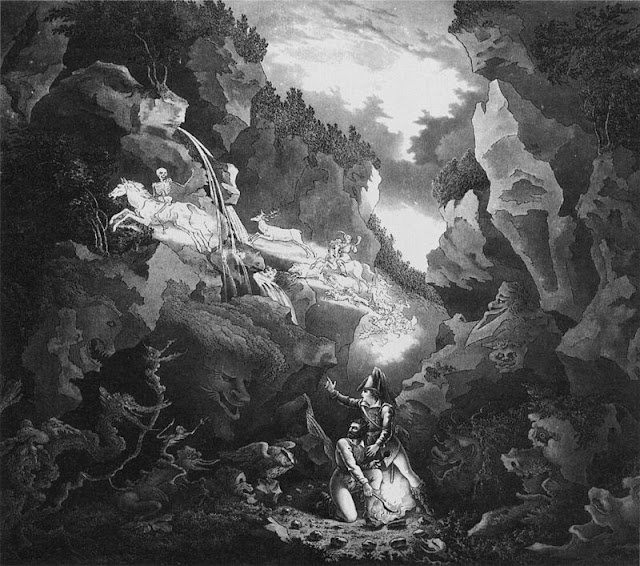






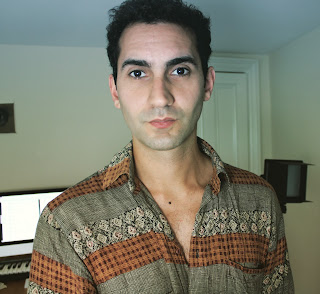







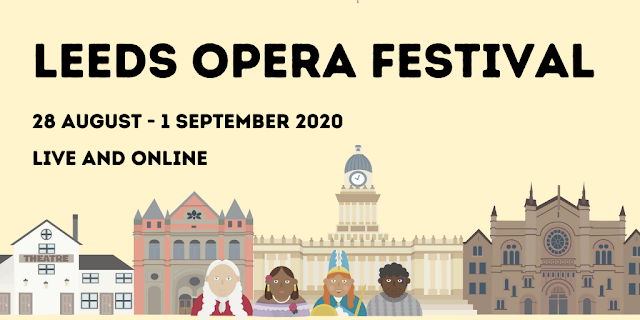
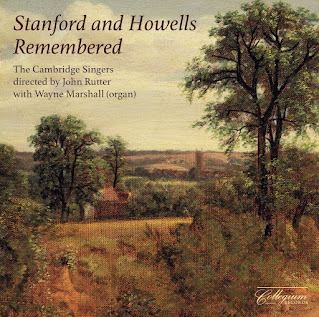














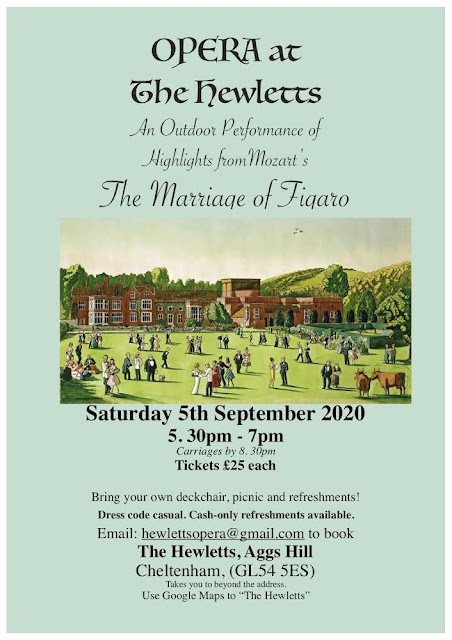



.jpg)








